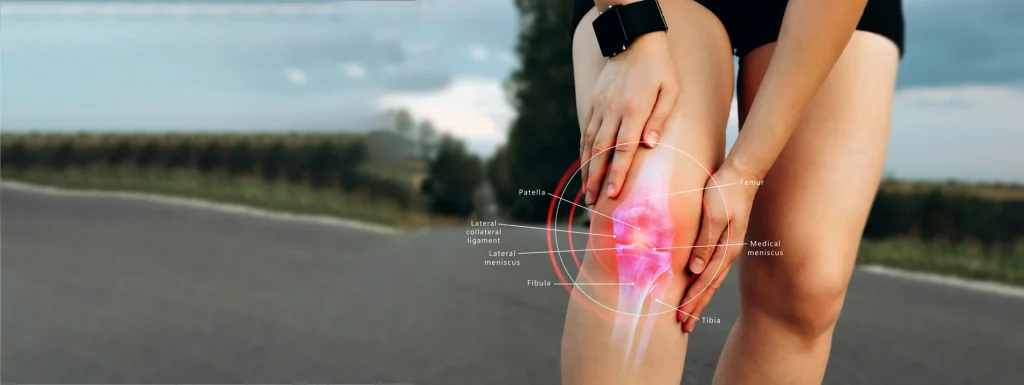Introduction
Spinal decompression therapy has emerged as a popular alternative for those suffering from chronic back pain, herniated discs, and other spinal conditions. But, like any treatment, it has its pros and cons. Understanding these is crucial for anyone considering this form of therapy. In this article, we will delve deep into spinal decompression therapy’s advantages and drawbacks, helping you make an informed decision about your healthcare options.
What is Spinal Decompression?
Spinal decompression refers to a non-surgical procedure aimed at relieving pressure on the spine's discs and nerves. Practitioners utilize specialized equipment to stretch the spine gently. This process creates negative pressure within the disc space, which can help retract herniated or bulging discs.
How Does Spinal Decompression Work?
During spinal decompression https://posts.gle/hAyHPyocuu99ZvZh8 therapy, a patient lies on a motorized table that moves in a precise manner. The table applies controlled traction to the spine, allowing for gentle stretching. This movement can help alleviate pain by:
- Reducing Pressure: Creates space between vertebrae. Improving Blood Flow: Enhances nutrient delivery to damaged areas. Promoting Healing: Aids in disc retraction.
Weighing the Pros and Cons: The Drawbacks of Spinal Decompression Therapy
While spinal decompression offers numerous benefits such as pain relief and improved mobility, it's essential to consider its drawbacks. Here are some important factors to weigh in your decision-making process.
Pros of Spinal Decompression Therapy
Non-Invasive Treatment
Unlike surgery, spinal decompression is non-invasive and poses fewer risks associated with anesthesia or recovery time.
Pain Relief
Many patients report significant pain relief during and after treatment sessions.
Improved Mobility
By decompressing the spine, many individuals experience increased range of motion.

Adjunct to Other Treatments
It can complement chiropractic adjustments or physical therapy effectively.
Low Risk of Complications
Compared to surgical options, spinal decompression carries minimal risk of complications.
Cons of Spinal Decompression Therapy
Not Suitable for Everyone
People with certain medical conditions may not be eligible for this therapy.
Temporary Relief
For some individuals, relief may be short-lived without ongoing treatment or lifestyle changes.
Requires Multiple Sessions
Full benefits often require several sessions over weeks or months.
Cost Considerations
Depending on insurance coverage, costs can add up quickly without guaranteed results.
Possible Discomfort During Treatment
While most people tolerate it well, some may experience discomfort during their sessions.
Who Should Consider Spinal Decompression Therapy?
If you’re experiencing chronic back pain due to conditions like herniated discs or degenerative disc disease, you might be an ideal candidate for spinal decompression therapy. Consult with your healthcare provider or search for "spinal decompression near me" to find qualified practitioners in your area.
Ideal Candidates Include:
- Individuals with herniated or bulging discs Those suffering from sciatic nerve pain Patients looking for a non-surgical option
Contraindications
However, not everyone should undergo this therapy:
- Pregnant women Individuals with severe osteoporosis Those who have had recent fractures
Finding a Chiropractor Near Me Specializing in Spinal Decompression
Searching for "chiropractor near me" can yield local professionals who specialize in spinal decompression therapy. It’s essential to choose someone experienced and knowledgeable about the nuances of spinal health.
How to Choose the Right Chiropractor?
Check Credentials: Ensure they have relevant certifications. Read Reviews: Testimonials from previous patients can offer insights. Consultation Availability: Look for chiropractors who offer initial consultations. Specialization: Confirm they have specific training in spinal decompression techniques.Spinal Decompression Therapy vs Other Treatment Options
When considering treatment options like medication or surgical intervention versus spinal decompression therapy, it’s vital to weigh your choices carefully:
| Treatment Type | Advantages | Disadvantages | |------------------------------------|--------------------------------------------|-------------------------------------------| | Medication | Quick relief | Potential side effects | | Surgery | Permanent solution | High risk; long recovery | | Physical Therapy | Improves strength | Requires commitment; slow results | | Chiropractic Care | Holistic approach | Variable effectiveness | | Spinal Decompression Therapy | Non-invasive; low risk | Temporary relief; requires multiple sessions|
FAQ About Spinal Decompression Therapy
1. What conditions does spinal decompression treat?
Spinal decompression is effective for herniated discs, degenerative disc disease, sciatica, and lower back pain caused by various issues.
2. How long does each session last?
Typically, each session lasts between 30 minutes to an hour depending on individual needs and practitioner protocols.
3. Is there any downtime after treatment?
Most patients experience little to no downtime; however, some may feel mild soreness akin to post-exercise discomfort shortly after sessions.
4. Can I continue regular activities after treatment?
Yes! Most patients are encouraged to resume normal daily activities while following any specific guidance from their chiropractor regarding physical exertion levels post-treatment.
5. How many sessions are usually required?
The number varies per individual condition but generally ranges from 12 to 20 sessions over several weeks for optimal results.
6. Are there any side effects associated with spinal decompression therapy?
Side effects are rare but can include soreness or discomfort in the treated area immediately following a session.
Conclusion
In weighing the pros and cons: The drawbacks of spinal decompression therapy cannot be overstated—this popular alternative presents both significant benefits and potential downsides that must be carefully considered before diving in headfirst into treatment options like "spinal decompression Louisville KY." Ultimately, consulting with a qualified professional at a trusted clinic such as Westport Chiropractic could provide clarity tailored specifically toward your unique circumstances surrounding chronic back pain management solutions.
This comprehensive exploration aims not only at informing but also empowering individuals seeking effective solutions tailored specifically toward their health needs!